What Is WHMIS? WHMIS stands for Workplace Hazardous Materials Information System. It is a comprehensive plan that will give you information about the safe use of hazardous materials that you might use in a Canadian workplace. Click on the following sections to learn more.
- What Is WHMIS – A Detailed Description
- Why Is WHMSI Important?
- What Are the WHMIS Symbols and What Do They Mean?
- Brief History of WHMIS
- Who Needs WHMIS Training?
- Where Can You Get WHMIS Training?
If you require workplace health and safety training, contact us.
What Is WHMIS?
1. A Detailed Description
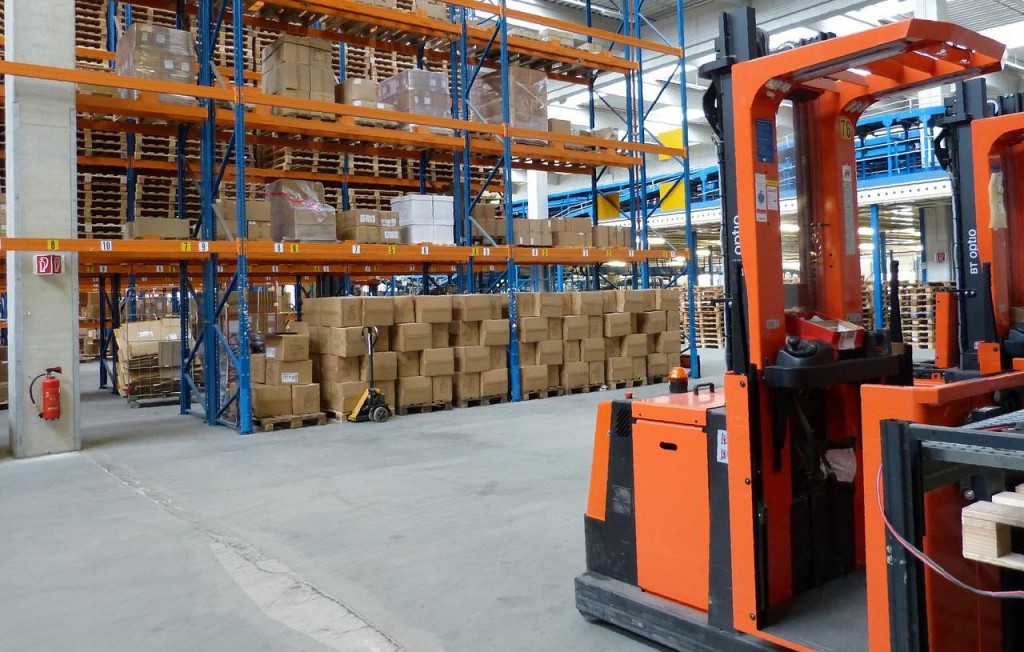
WHMIS stands for Workplace Hazardous Materials Information System
Canada’s Workplace Hazardous Materials Information System, commonly referred to as WHMIS, consists of the following:
- Product labels: These labels clearly identify the contents of the hazardous materials.
- Material safety data sheets (MSDS): These sheets explain what the hazards are.
- Worker education programs: This training will help workers stay safe around hazardous materials.
The regulations outlined in WHMIS need to be followed. It is a law. Under this law, workers, employers, and suppliers have specific responsibilities.
Workers:
As a worker in Canada, you need to take training programs that will help you work safely with hazardous materials. You also need to use the information from WHMIS to help you work safely. For example, if a WHMIS label has been removed or is illegible, you must let your employer know.
Employers:
Employers need to set up training programs and educate their workers who are exposed to hazardous products at work. They also need to ensure that products are labelled and that MSDS sheets are readily available for their workers to read relating to hazardous products in their workplace.
Suppliers:
If you supply (sell or import) a “controlled product” in Canada, you have to label the product or container and provide an MSDS to your customers as outlined in the WHMIS legislation.
2. Why Is WHMIS Important?
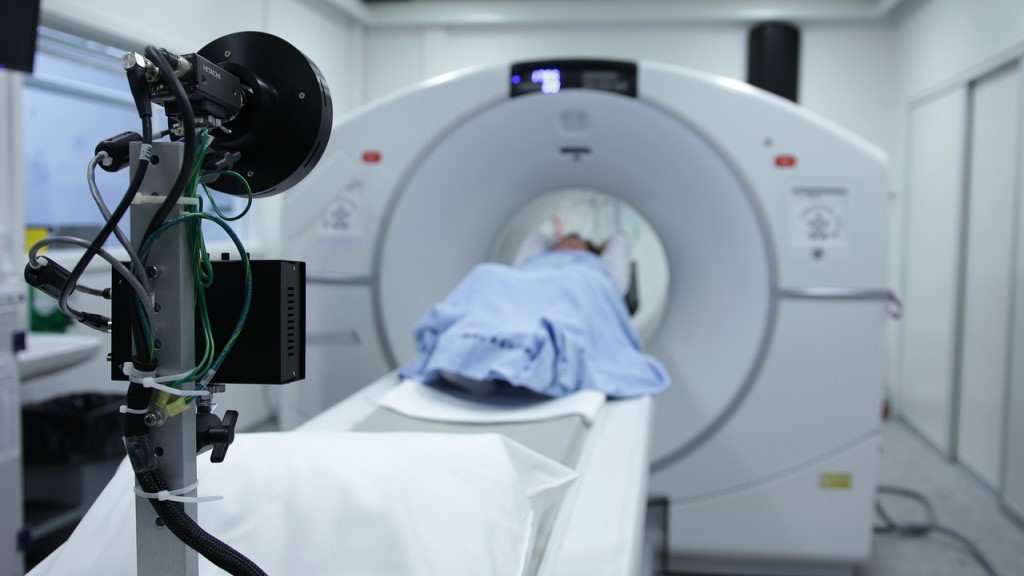
Exposure to hazardous materials can cause serious health issues
WHMIS is important because it can help protect workers who work around hazardous materials. It can help prevent injuries, illnesses, medical expenses, fires, and deaths brought about by the improper use of hazardous materials.
Hazardous materials can cause serious health issues or they can contribute to these health effects if you are exposed to them. Exposure can:
- Effect your nervous system
- Damage your kidneys and lungs
- Make you sterile
- Cause cancer
- Burn your skin
- Give you a rash
In addition, certain hazardous materials can be safety hazards that could cause explosions or fires.
3. What Are the WHMIS Symbols and What Do They Mean?
*WHMIS 2015 is the most recent update of WHMIS.
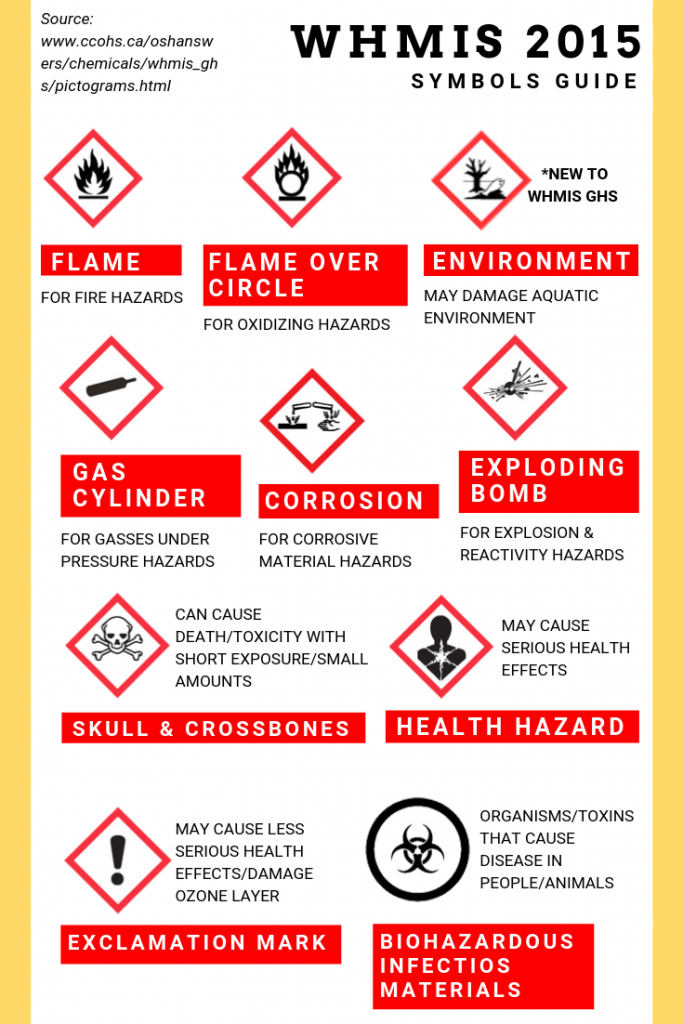
What is WHMIS? Here are the current WHMIS symbols
WHMIS uses a number of symbols or pictograms that are easily recognizable and help you to spot a hazard with a quick glance. The symbols can tell you useful information such as whether a product is flammable or if it might be a health hazard.
The above infographic displays the various current WHMIS symbols and what they mean.
4. Brief History of WHMIS
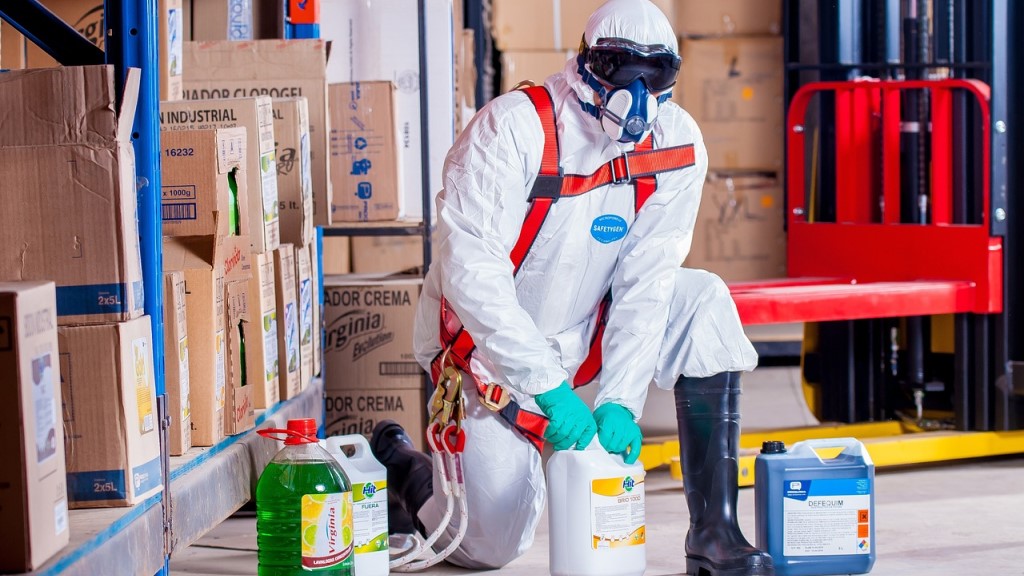
What is WHMIS? It is a law that came into effect in 1988
WHMIS became a law in Canada on October 31, 1988. Most of the requirements surrounding WHMIS were incorporated into the Hazardous Materials Information Review Act.
WHMIS was put together by a committee made up of representatives from the government, industries, and workers to make sure that it had the best interests each group in mind.
The regulations in the act include:
- Hazardous Materials Information Review Regulations
- Hazardous Materials Information Review Act Appeal Board Procedures Regulations
- Ingredient Disclosure List
- Controlled Products Regulations
Controlled products refer to any products, materials, and substances that are regulated by WHMIS legislation. These products are grouped into the six WHMIS classes.
WHMIS regulations are enforced by different agencies depending on whether you are a federal, provincial, or territorial worker.
Federal workers:
They are regulated by the Labour Branch of Human Resources Development Canada.
Provincial or Territorial workers:
They are regulated by the agency responsible for occupational health and safety in your province or territory. For example, if you work in Ontario, then the Ministry of Labour, Immigration, Training and Skills Development is responsible for regulating WHMIS.
Click here for a complete list of agencies in each province and territory.
5. Who Needs WHMIS Training?

What is WHMIS? Restaurant employees need this training
If you are a worker in Canada and you work with one or more hazardous products or you work around or close to hazardous products, then you legally need to take WHMIS training.
Your employer is responsible to develop, put in place, and maintain a WHMIS education and training program for you. When starting a new job, many workplaces require new workers to complete a WHMIS training course.
WHMIS training is required if you:
- May be exposed to chemicals or a hazardous product during work activities (including normal use, maintenance and emergencies)
- Use, store, handle or dispose of hazardous products and materials at your workplace
- Supervise workers who may be exposed to, use, store, handle or dispose of hazardous products
- Work in emergency response situations
Your employer must review your WHMIS training and instruction with you at least once a year. This should be done in conjunction with the joint health and safety committee or the health and safety representative at your workplace.
Some of the most common industries that will require you to take WHMIS training include:
- Retailers
- Restaurant Employees
- Medical Professionals
- Construction Workers
- Factory Workers
This is not a complete list. If you work in a different industry and may be exposed to hazardous products in your workplace, you will be required to take WHMIS training.
6. Where Can You Get WHMIS Training?
If you’re looking for a deeper understanding of the WHMIS system, contact the experienced trainers at ACUTE today!
You May Also Need HAZWOPER Training
ACUTE can provide you with extensive hazardous materials training including HAZWOPER training. HAZWOPER stands for Hazardous Waste Operations and Emergency Response.
HAZWOPER training is important for anyone who is exposed to hazardous substances and who is engaged in operations including clean-up, treatment, storage, and disposal of hazardous waste.
Workers involved in an emergency response operation dealing with hazardous waste, and workers who have to perform duties at a waste site where hazardous materials or contamination exist should be fully trained and protected.
Hands-on, practical training is the best way to keep employers and workers safe in the workplace! ACUTE is dedicated to workplace safety and understands the importance of course and training provider approval.
Why get workplace safety training with ACUTE?
Here are just some of the benefits of working with ACUTE:
- Open Door Instructor-Student Partnership – ACUTE’s training services emphasize client participation, staff foster relationships with clients, and serve as a touchstone for advice anytime moving forward.
- Serving Your Team and Industry – With a vast array of clients in manufacturing, construction, health, academic, and government sectors, ACUTE brings the best safety practices from across the spectrum to your workplace.
- 100 Years Combined Experience – ACUTE provides comprehensive health and safety training, on-site safety services, and consulting services. With over 100 years of combined experience, our company staff offers more than theoretical or abstract ideas. ACUTE offers solutions!
- Track Record of Success – ACUTE has rated 4.9/5 stars on Google reviews, demonstrating a commitment to our clients, quality, and passion for training.
Hours of Operation
Monday – Friday: 8:00am-5:00pm
Saturday – Sunday: Closed
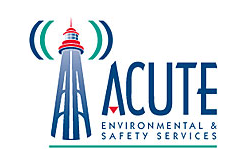
What Our Customers Are Saying…
Acute is recognized and respected as a people organization and they have been doing it right for a long time.
Acute has been a staple in supporting my companies over the years and have always delivered quality amd dependable service. Training programs are top shelf and a great facility for practical application. couldn’t recomend them more. keep up the great work folks.
We were referred to ACUTE on behalf of our employer for an n95 mask fitting – the staff here are professional, personable, and informative.
I’d come back here for any safety-related training in a heartbeat.

